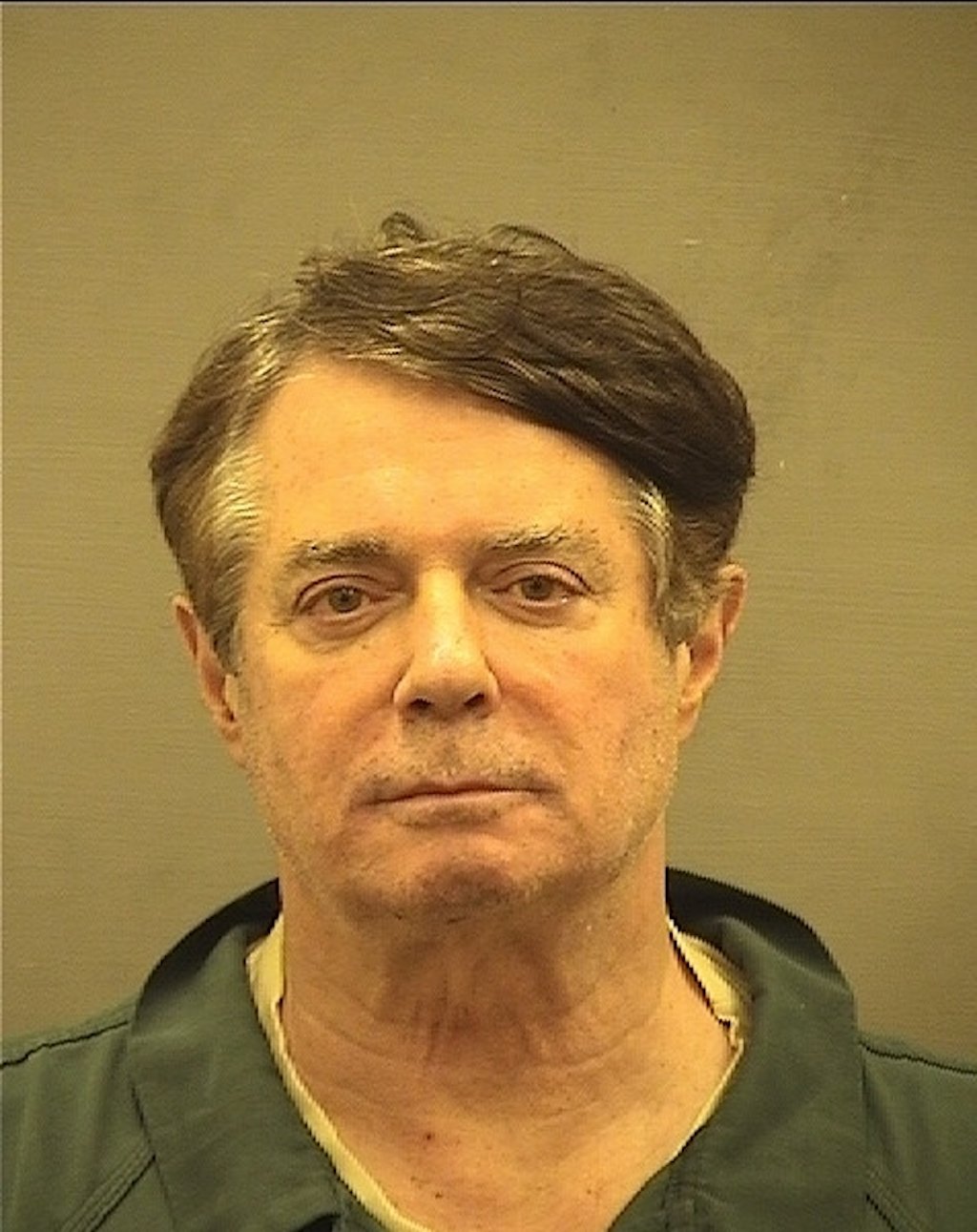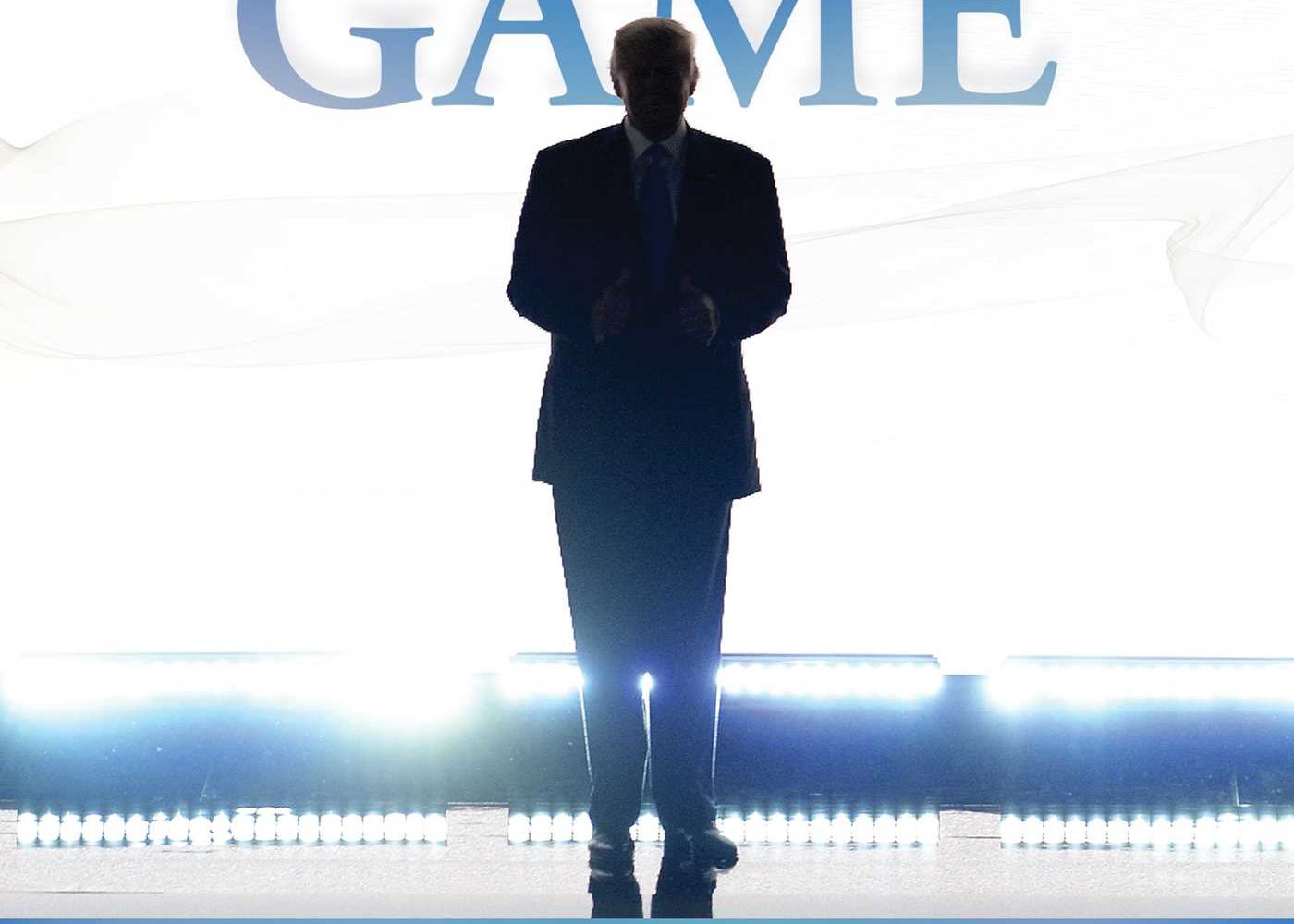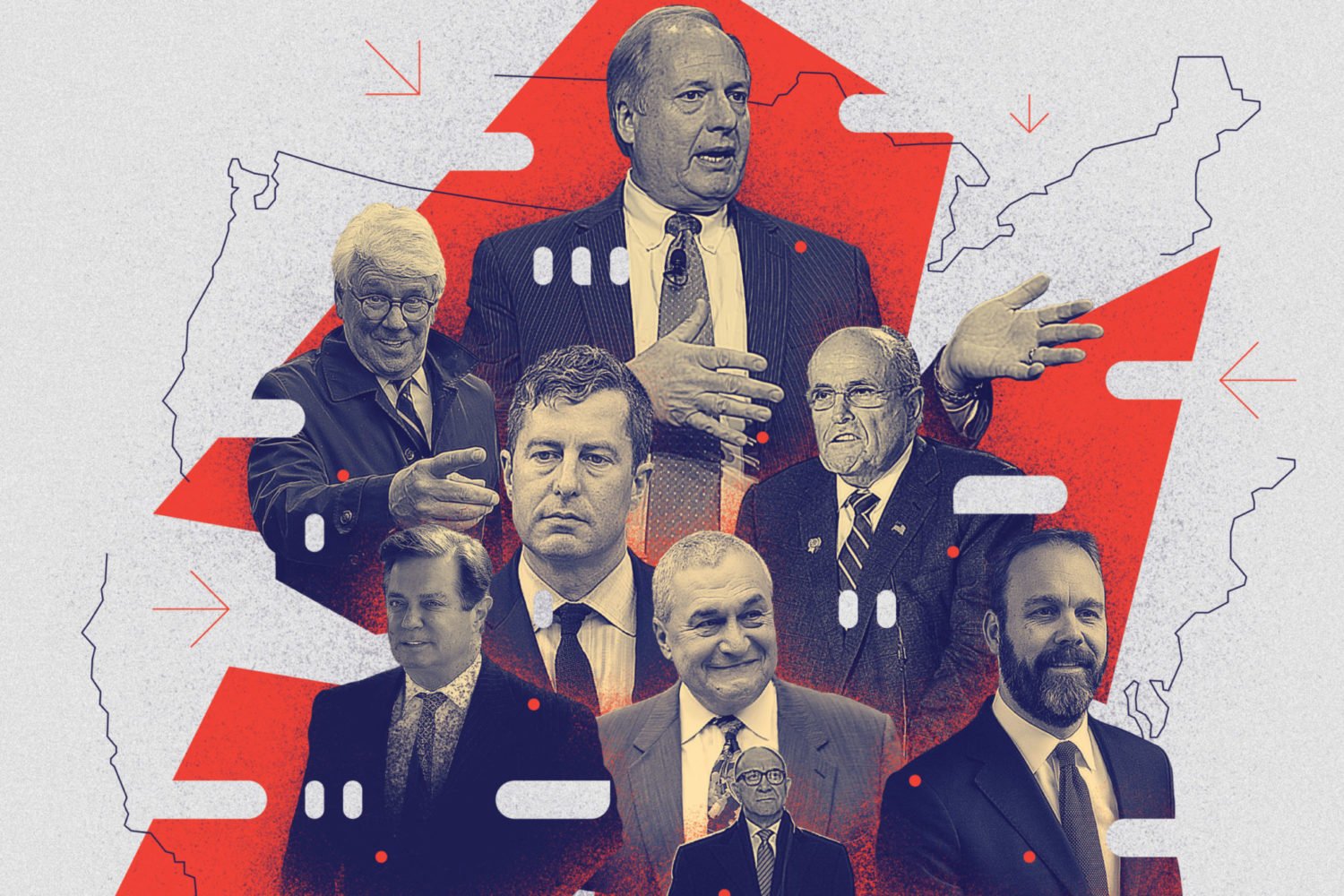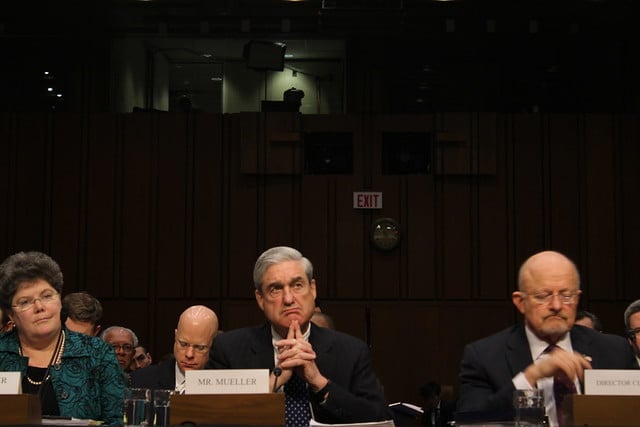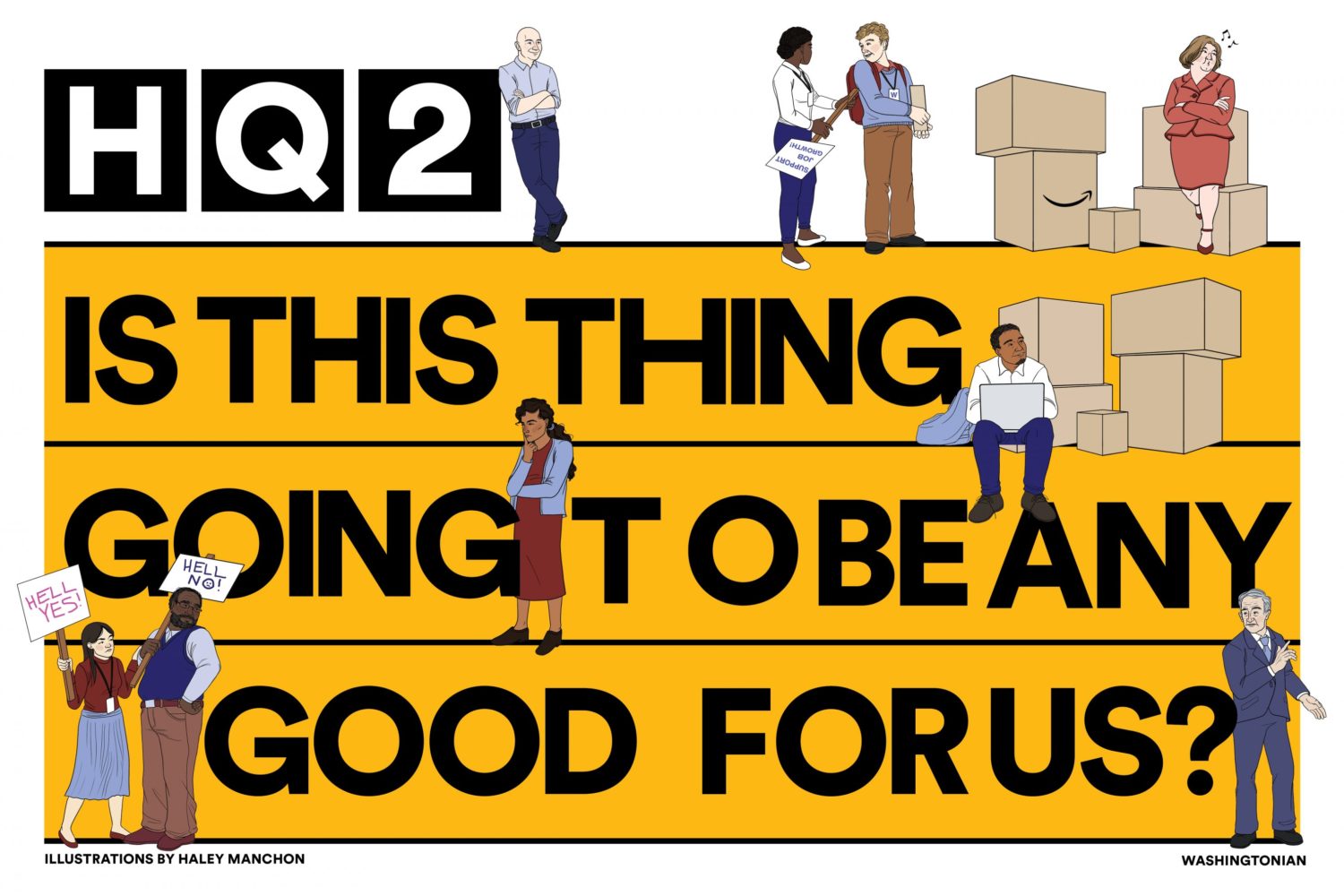Franklin Foer was already deep into reporting on Paul Manafort‘s trajectory from mayor’s son in New Britain, Connecticut, to Trump campaign manager when Special Counsel Robert Mueller‘s team indicted the lobbyist in late October 2017. His resulting story on Manafort’s fortunes was on the cover of the Atlantic a few months later. This week, you can find Foer in the Alexandria courtroom where Manafort is being tried for financial crimes. We asked him what to watch for:
What about this trial are you tracking the most closely?
His comportment in the trial. He’s a master image maker who now needs to craft an image for a jury. He’s in hell right now, but an image of despair isn’t going to save him. The psychology of Manafort at this moment is super fascinating to me.
What’s an example?
Despite encountering a fairly slam-dunk case, he’s trying to project an aura of confidence right now. He’s acting like one of the politicians that he’s advised and flashing his pearly whites, studiously showing off his thoughtfulness. You don’t really have the sense that he’s a drowning man when you watch him.
One thing I noted is that you can also see he’s a tired guy. There were moments when the lids of his eyes got heavy, and he yawned pretty extravagantly. That’s not just him; we were listening to a litany of bank accounts that he owned in Cyprus—it’s melatonin. But still, it felt like, “Here’s a guy who’s been sleeping in jail, and he’s got to be dog-tired.”
Do you have any idea what’s going through his mind as he’s watching this proceed?
I think he’s always gotten away with it, so deep down, he thinks that there’s a fair shot that he’ll get away with it again.
What’s the biggest wild card in the trial right now?
I’m most fascinated by the story of this bank in Chicago run by this guy called Stephen Calk. They received a loan application from Paul Manafort in the summer of 2016. And officially the bank rejected the loan because it was obviously dodgy. But then Manafort, according to Mueller’s folks, promised this guy a spot on Donald Trump’s team of economic advisors—there were just 13 of them, and he was with some fairly august people. The day that Manafort resigns from the Trump campaign, he opens up an LLC, and he starts to get loans from this guy. And you’ve got 16 million dollars in loans after he resigned. That’s just so shady, so suggestive. It makes you wonder what else in the Trump campaign was Paul Manafort willing to trade.
How is Judge T.S. Ellis III impacting the case?
The judge has said some pretty hostile things to the Mueller team. He’s told them, for instance, that they can’t refer to Manafort’s clients in Ukraine as oligarchs. He’s told them that they can’t put Manafort on trial for his lavish lifestyle…. In the end, the judge has, even if he’s been a bit of a jerk to the government, ruled in their favor enough that I think it’s hard to say that he’s anything more than a bit pompous.
The judge is also clearly inventing himself as a character. He’s filled with all sorts of folksy asides, and he’s very jokey. He had a long discourse about how his wife’s an English teacher who’s told him he shouldn’t care about splitting infinitives anymore, and so he won’t judge anybody in the room for that. The courtroom is kind of this rolling, rollicking monologue from this guy who’s cracking jokes about his age. It’s often pretty charming, but it’s also unmistakeable that he views himself as the star of the show.
What else should we be watching for?
I’ve seemed some suggestive documents get dropped in the course of the prosecution building its case where it seems like they’re hinting at things to come about maybe instances of fraudulence that go beyond what we knew or understood. The roles of some of his associates are totally fascinating, especially this guy Konstantin Kilimnik, who in the past, Mueller’s asserted has worked for Russian intelligence. I find that there’s intriguing foreshadowing in possibly telling omissions in the way that they go about in building their argument, and so I’m looking for both the omens and gaps.

